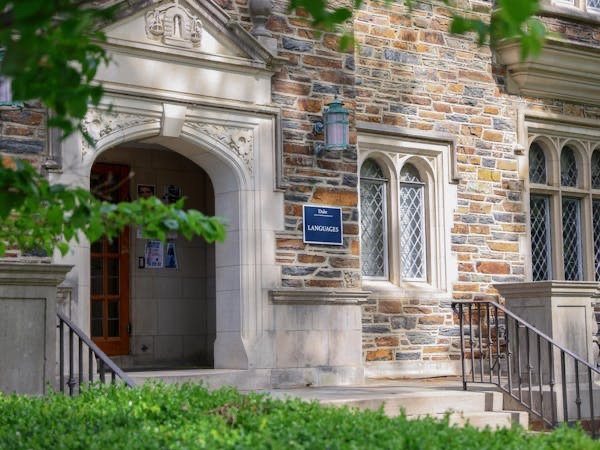A key academic pillar that once teetered on the edge of closure has been steadied—thanks to the swift alliance of faculty, administrators, and college leadership. The Center for Latin American and Caribbean Studies (CLACS), long buoyed by federal Title VI funding, has been relocated to the Department of Romance Studies within Trinity College of Arts & Sciences at Duke University. The move secured the center’s survival and holds promise for its future, even as federal funding streams remain uncertain.
A Funding Crisis That Threatened the Field
For decades, CLACS benefited from grants under the Title VI National Resource Center (NRC) program, which supports university hubs in language, regional, and area studies. Consistent federal backing allowed CLACS to thrive, fostering partnership with UNC Chapel Hill to create one of the nation’s largest consortia in Latin American studies—funding graduate workshops, outreach events like the North Carolina Latin American Film Festival, and language instruction in less commonly taught tongues like Indigenous and Creole languages.
This summer, however, the fourth year of expected Title VI grant funding failed to materialize. Simultaneously, Duke’s broader cost-cutting in the Office of Global Affairs—including staff departures via voluntary separation incentives—left CLACS under-staffed and underfunded.
“All of that funding, at this very moment, is gone, and we don’t know if it will ever come back to us,” said Liliana Paredes, Faculty Director of CLACS.
A Swift Transition to Trinity
In response to the crisis, Duke’s leadership and the Romance Studies department stepped in, offering CLACS a structural home within Trinity. The department’s existing faculty, administrative resources, and academic alignment provided a logical fit—and immediate continuity for CLACS’s programming.
Though not a cure for lost federal revenue, this relocation ensures that CLACS retains institutional support and a platform from which it may rebuild and reimagine its mission.
The Broader Context: Federal Pullback
Nationally, Title VI centers have faced growing headwinds since the Trump administration dissolved the International and Foreign Language Education office within the Department of Education. Staff layoffs and institutional restructuring have left NRCs nationally without confirmed future grant opportunities.
(ed.gov)
Duke houses two other NRCs—the Center for Slavic, Eurasian and East European Studies and the Duke Middle East Studies Center—yet their futures remain uncertain as well, with university administrators declining The Chronicle’s request for comment.
Why This Matters to Durham
The preservation of CLACS is more than an academic save—it’s an act of civic preservation. The center has been a gateway for Durham-area students and scholars to engage with Latin America through film, language, cultural events, and scholarly exchange. Its programs enrich the university, amplify diversity of thought, and foster global understanding—all assets in a city that values both local roots and global perspectives.
How We’re Covering It
At the Bull City Citizen, we’re committed to reporting how institutions serve— and sometimes struggle—within our community. We’ll continue to follow CLACS’s rebirth, reporting on its retooled programs, funding innovations, and the restoration of Title VI support if it arrives.
If you’re connected to Durham’s Latin American or area studies communities—students, scholars, alumni, or community allies—and want your story heard, reach out to us. This is not just institutional news—it’s Durham’s story.












